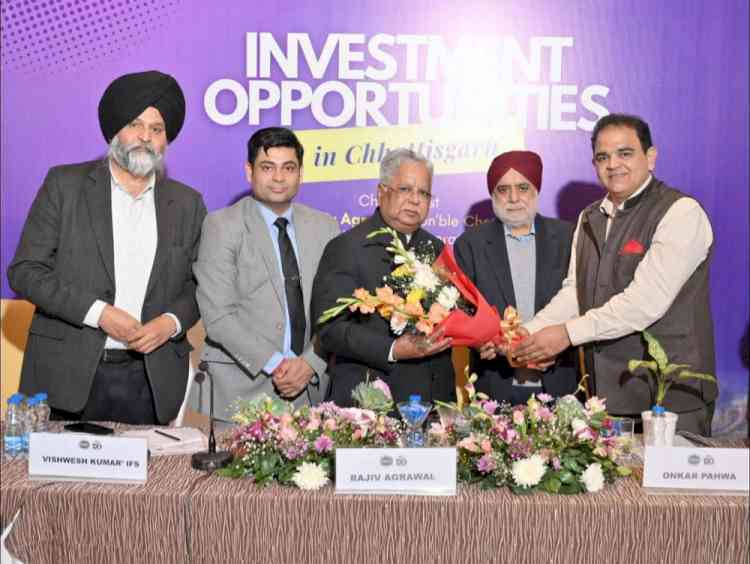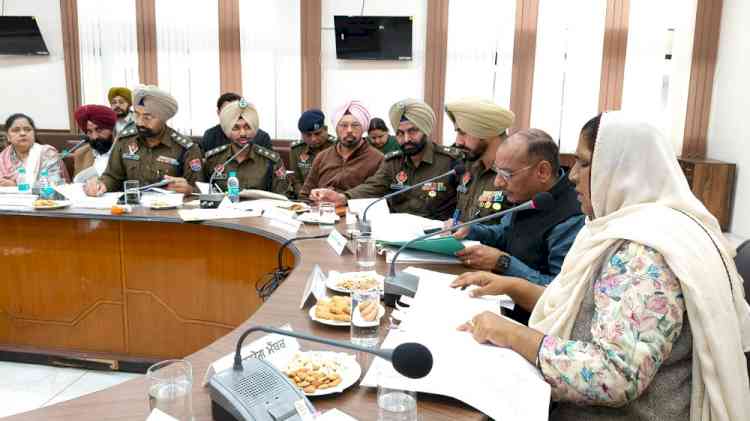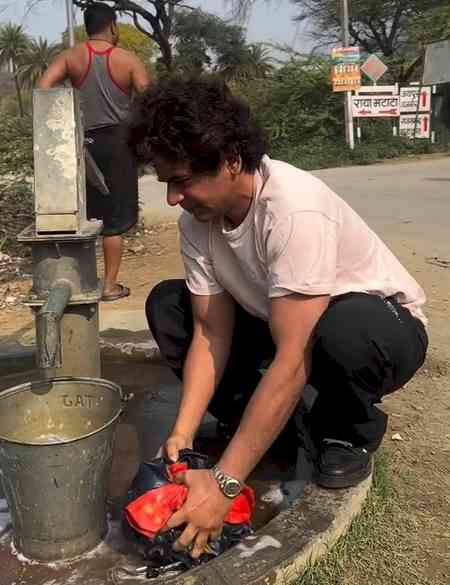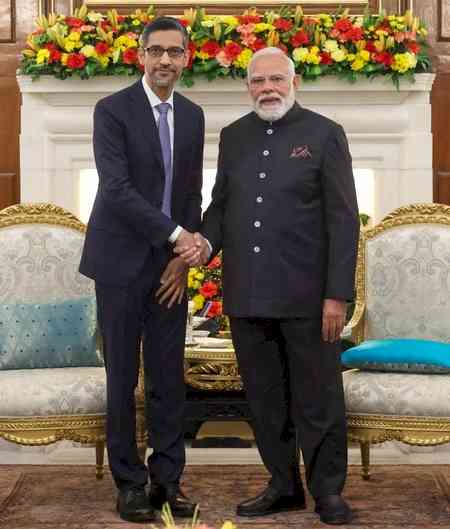To boost o2 production amid covid crisis, Punjab Cabinet approves thrust sector status for oxygen production units
Also appoints nodal officer to coordinate with customs dept for clearance of foreign aid

Chandigarh: Amid the Oxygen crisis triggered by the spiralling Covid cases, the Captain Amarinder Singh led Punjab government on Wednesday announced thrust sector status for all Oxygen product units, while appointing a nodal officer to coordinate with Customs Department for quick clearance of foreign aid.
The Chief Minister said with the way things were going currently, the situation was likely to worsen in the coming days, with nobody knowing how many more waves of Covid would hit the country and the state.
The status, approved at a virtual cabinet meeting chaired by the Chief Minister today, will apply to oxygen production units with minimum capacity of 700 cylinders per day equivalent to 5 MT, Oxygen cylinder manufacturers/fabricators, Oxygen concentrator manufacturing units. Oxygen refilling units will not be covered by the special status.
With this decision, the units (both old and new) will become eligible for 100 percent exemption from Change of Land Use (CLU)/External Development Charges (EDC), Property Tax, Electricity Duty, Stamp Duty and Investment Subsidy, by way of reimbursement of GST upto 125 percent of Fixed Capital Investment made in the land and machinery.
Notably, the status of thrust sector to oxygen production units has been conferred under clause 10.6 of Chapter-10 of Industrial & Business Development Policy, 2017 and subsequently as per clause 2.22 of Detailed Schemes and Operational Guidelines, 2018.
The Cabinet took the decision to help the state cope with the emergent situation arising out of acute shortage of oxygen in view of the increased case load due to unprecedented Covid pandemic in the state. For the week ending May 4, the state had average positivity rate of 11.6%, with CFR of 2.1%, from a sample size of 74 lakh.
Currently, the daily Oxygen allocation to Punjab stands at 195 MT from outside the state: Inox plant at Baddi (60 MT), Air Liquide plant at Panipat (20 MT), Air Liquide plant at Roorkee (15 MT), Linde plant at Dehradun (10 MT) and Inox plant at Bokaro (90 MT). However, only 140 MT is actually being supplies from these plants on a daily basis, with shortage of tankers hampering lifting of Oxygen especially from Bokaro. Two additional tankers made available by IOCL have been unutilised due to technical/compatibility issues. Further, despite repeated requests, Linde & Air Liquide are not releasing their committed quota.
The cabinet was informed that state governments have also created problems in supplies from the plants that are in their jurisdiction. The plants have also had issues of tripping and power outages leading to supply disruptions and delays.
Health Secretary Hussan Lal informed the cabinet that 14 districts had positivity over 10% and 6 over 11%, with Mohali the highest at 25%. Deaths were fewer in the young, he said. The situation was grim with 70% L2 beds and over 80% L3 beds in government and private hospitals occupied, the Health Secretary said, adding that with 10-30 patients going on ventilator every day, things were not good.
Besides initiating the process to add 2000 beds in Government medical colleges, district hospitals, and the temporary hospitals in Bhatinda and Mohali , by the end of the month, direct recruitment had been started for regular staff, while a large number of staff, including students and interns as well as outsourced staff, had also been put on special Covid duties.
Orders had been placed for essential drugs, including 50 lakh Remdesivir 100 mg injections, and the supplies were expected in the next few days, said Hussan Lal.



 cityairnews
cityairnews 










